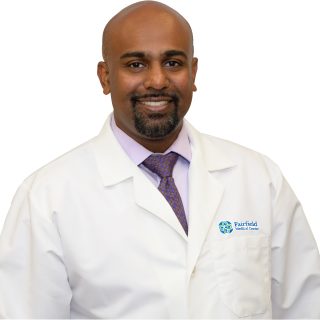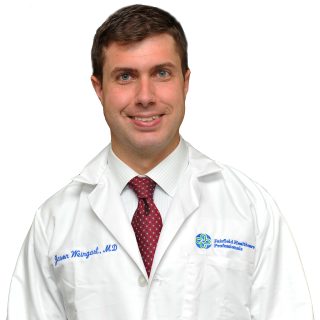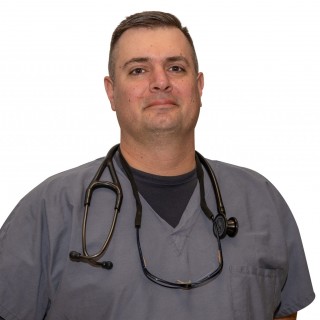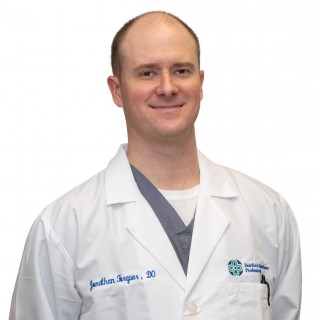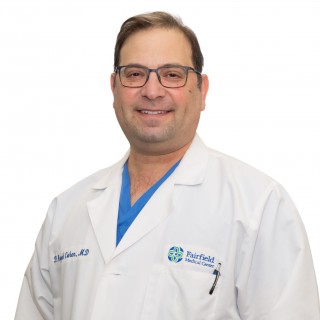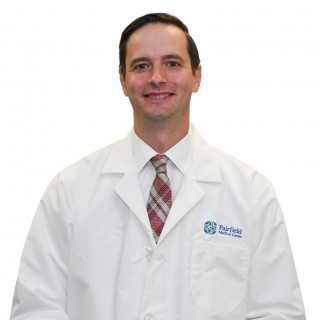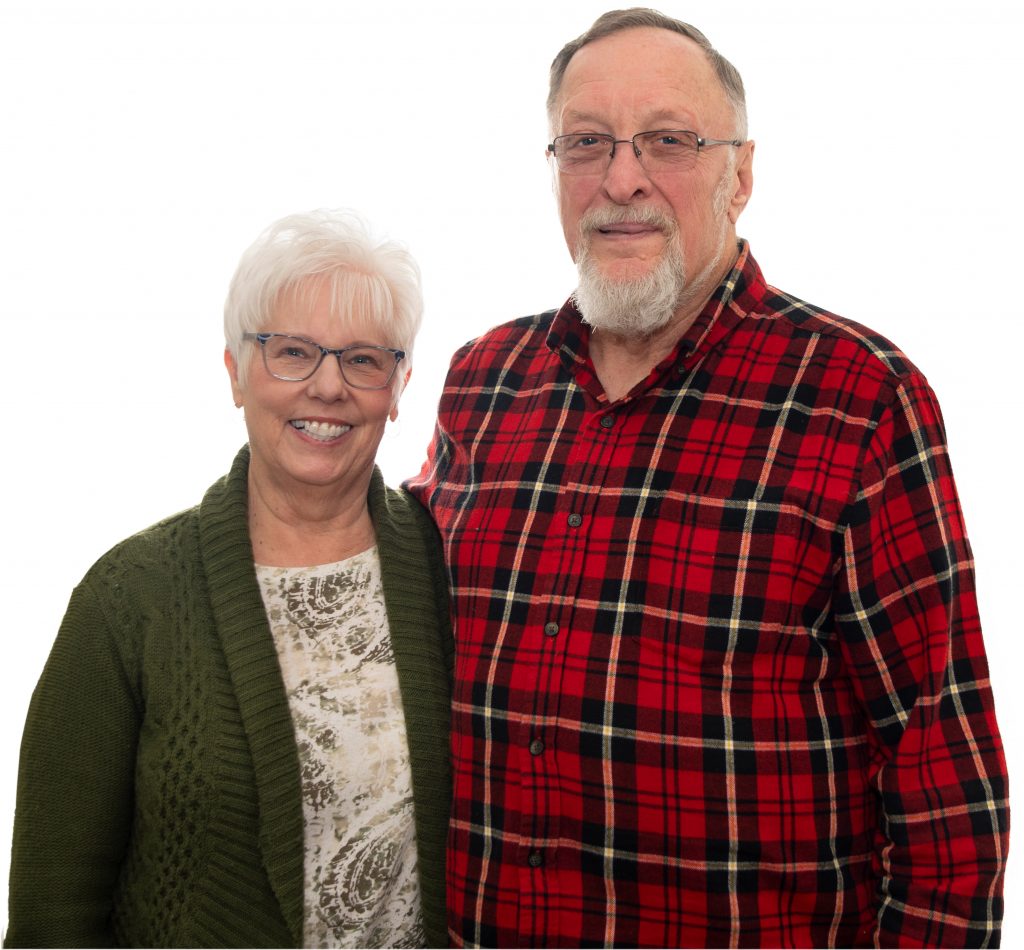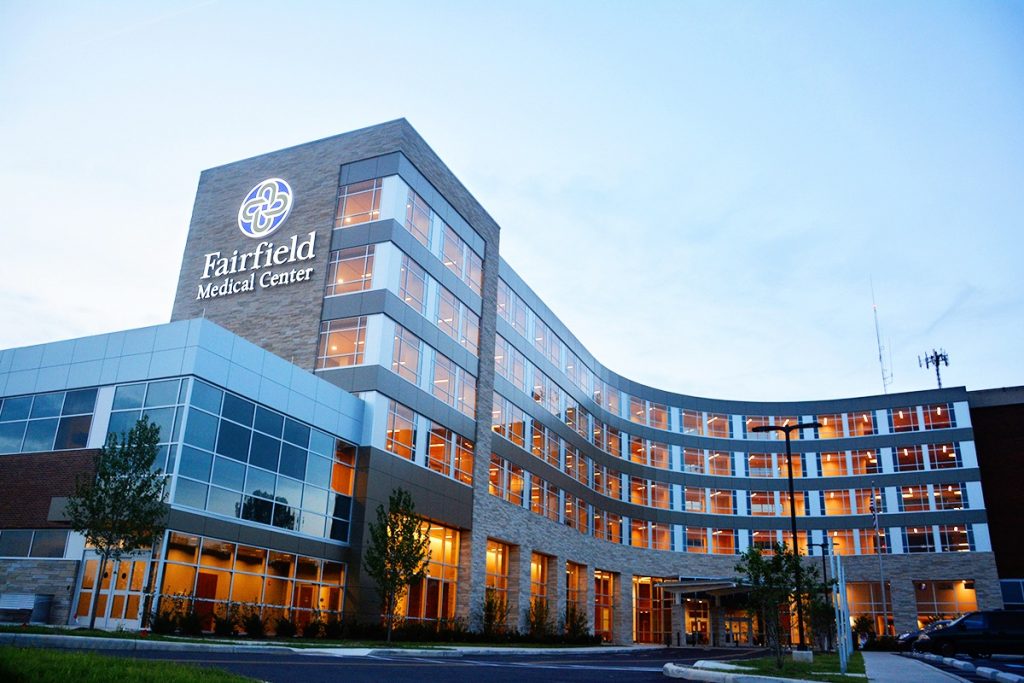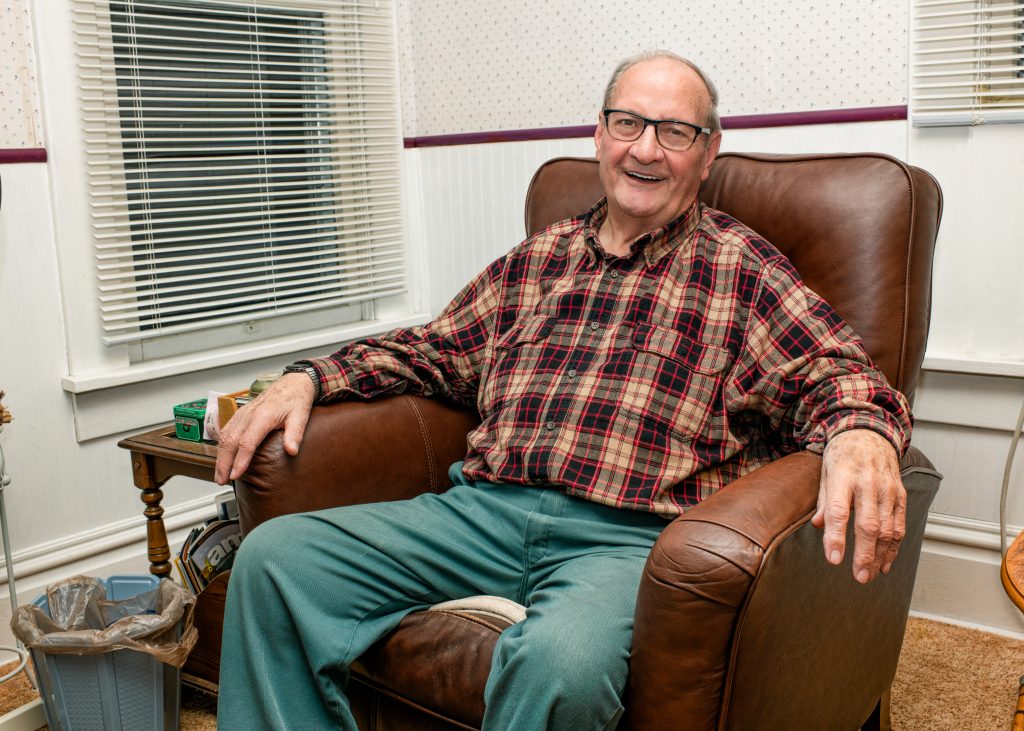Structural Heart Program Expert Care, From the Heart
Structural heart disease can disrupt your day-to-day routine, decrease your quality of life and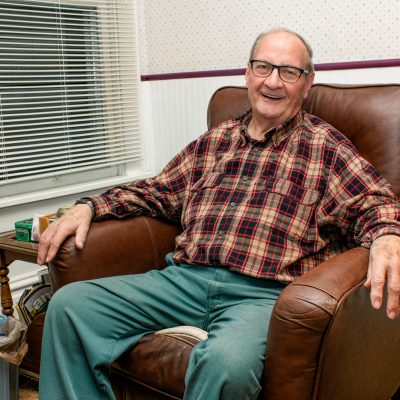
threaten your longevity. The Structural Heart Team at Fairfield Medical Center is here to help return you to health when you need it most.
Our Structural Heart Program has been specially designed for the detection, diagnosis and treatment of diseases affecting the cardiac valves, walls and muscles.This comprehensive program offers expert care, a rapid diagnosis and advanced, lifesaving treatment – right here in your community.
When you choose Fairfield Medical Center, you are choosing to receive personalized care from a group of dedicated, compassionate providers.
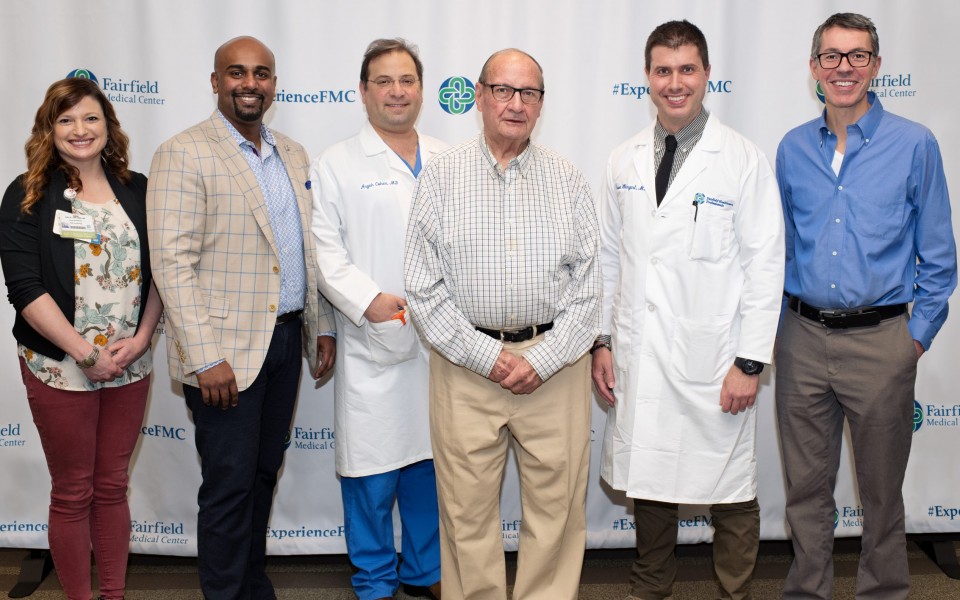

 The term “structural heart disease” refers to a variety of diseases affecting the valves, walls and muscles of the heart. Most structural heart disease is the result of the normal aging process, but it can also be present at birth or result from damage caused by rheumatic fever, infections, radiation or certain medical conditions. Some of the most common types of structural heart disease include:
The term “structural heart disease” refers to a variety of diseases affecting the valves, walls and muscles of the heart. Most structural heart disease is the result of the normal aging process, but it can also be present at birth or result from damage caused by rheumatic fever, infections, radiation or certain medical conditions. Some of the most common types of structural heart disease include:
